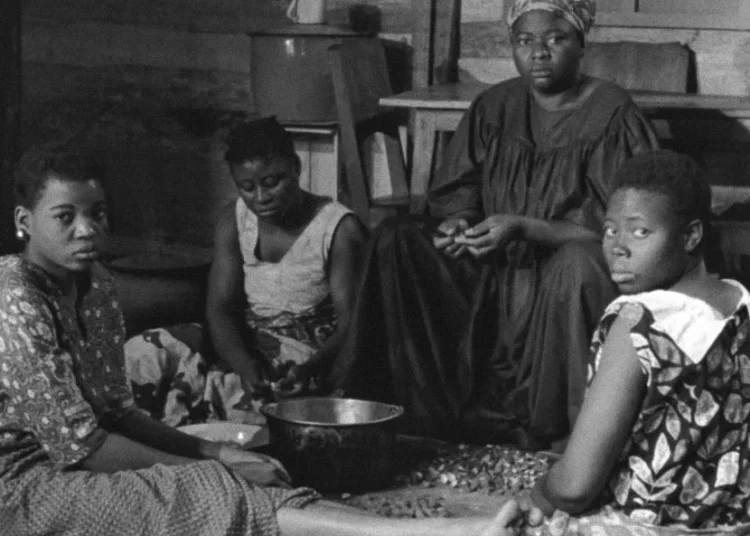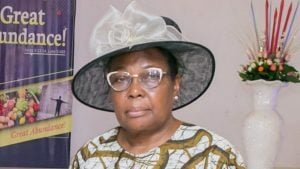AfterImages, a three-day programme exploring the legacies of African cinemas has opened at the Guest Artists Space (G.A.S) Foundation, Lagos.
The exhibition is the end result of Art Exchange: Moving Image, a curatorial professional development programme organized by LUX, Yinka Shonibare Foundation and Guest Artists Space Foundation, with support from the British Council.
The multi-dimensional project featuring physical installation, film projection and conversations, interrogates the coloniality embedded in archival moving images with specific focus on Cameroonian and the broader Global South cinemas.
Via experimental and archival film practices, the featured works looks at the residual and the spectral in the aftermath of colonial violence. They also question how histories are made visible, audible and thinkable through film. “The exhibition further draws on archival fragments and cultural residues such as music, gesture and choreography alongside the spectral recursions of radical cinematic movements once thought lost. These works challenge the fixedness of the archive, offering instead a space where the material and the memorial coexist in entanglement.
The works dissolve the lines between what can be seen and what is remembered, reworking cinema into spatio-temporal zone (un)folding, looping, and resistance to closure. They highlight gaps and absences not as ‘lack’ but as openings with the potential for speculation or re-memory,” reads the Y.S.F and G.A.S Foundation joint press release.
The filmic exhibition titled ‘Ghost Cinemas’ shows traces left behind by filmmakers whose contributions remain in archival records and personal memory, but are elusive within the commercial platform where works re continuously shared, reproduced or restored. These films examine the gaps and absences that shape a nation’s cinematic history. These include the works of Cameroonian multimedia artiste and filmmaker Goddy Leye (1965- 2011) like ‘The Beautiful Beast’ (2009), ‘Misery’ (2002), ‘We are the World’ (2006), ‘The Bone Collector’ (2001) and ‘The Story’ (2001); the works of Cameroonian filmmaker and journalist, considered as one of Africa’s first female director, Therese Sita-Bella (1933- 2006), and French filmmaker and director, Sarah Maldoror whose body of work traverse genres of fiction, documentary and poetry. There is also the work of Matthew Kleyebe Abonnenc Foreword to ‘Guns for Banta’ (2011), and Sita-Bella, and ‘Sita Bell, The First’ (2025) by Eugene Metala & Jean-Marie Teno.
Other activities at the exhibition include Residual Image – featuring Cameroon’s most influential filmmakers, Jean-Pierre Dikongué-Pipa work ‘Muna Moto’ (1975). Dikongué-Pipa’s films depict the cultural and political shifts of post-independence Africa; and the AfterImages Conversation which curators of the exhibition, Monangambee curators discuss the aesthetic and political histories and consequences of archival cinema, alongside the scholar and curator, Tinase Mushakavanhu before a live audience.
The exhibition is open June 19 to 21, 2025 at the G.A.S Foundation Lagos.
Both founded by British Nigerian Multimedia artist, Yinka Shonibare CBE RA, the Yinka Shonibare Foundation (Y.S.F) IS A UK registered charity dedicated to facilitating international cultural exchange and supporting creative practices, collaborations and education projects; while G.A.S Foundation – located in Lagos and Ogun State, is a non-profit that delivers residencies and public programmes. It is a multi-use live/work spaces that hosts multidisciplinary artists, researchers and curators from all over the world in awarded residencies for up to three months.











